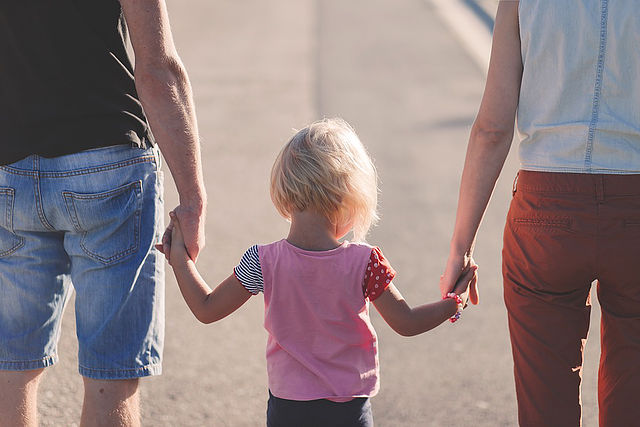Five Factors Underpin Good Homelessness Service Implementation
The Centre for Homelessness Impact added new content to their Intervention Tool that can be used by homelessness, practitioners and policymakers to raise implementation standards.
Dr. Jenny Wood outlines five crucial factors that emerged across all interventions.
Suitable and affordable accommodation is necessary to ensure stability after experiencing homelessness. Dr. Wood suggests that such an environment gives individuals a solid foundation to address other aspects of their lives that need improvement and continue to progress.
Appropriate, sufficient and consistent resourcing is vital to the effectiveness of services, programs, initiatives, etc. Partnerships and collaborative work is paramount to the success of program. Common understanding, consistent communication, regular convening, and sharing of data are some components that can help facilitate partnerships. Person-centered support, such as housing first, has been known to foster better outcomes for people living without shelter. In order to deliver adequate support or service, providers must have the ability, training and capacity to deliver personalized care. Organizations should also be mindful of their broader service culture and environment.
Read the article here.
Montevideo, Uruguay Expands Homelessness Services
Montevideo, Uruguay has increased their capacity to support people experiencing street homelessness. The city has the resources to provide temporary accommodation for 200 more people. The Ministry of Social Development’s (Mides) 2019 Winter Plan is in affect until the end of October this year. As a vanguard city in the IGH A Place to Call Home campaign, the city is working toward their goal to reduce the number of people experiencing homelessness with mental illness.
Read the article here.
The Salvation Army’s Trip to the Capitol
As Illinois legislature works on budget approvals, the Salvation Army Metropolitan Division convened in Springfield, Illinois with state lawmakers to discuss the support needs for homelessness, mental health, and opioid abuse. Executive Director of The Salvation Army Harbor Light Center in West Humboldt Park, Major Merrill Powers, highlighted the needs of communities affected by the opioid crisis – through the Division of Substance Use Prevention and Recovery, amid declining state funding.
In response, Representative Kathleen Willis outlined Senate Bill 1966 – “Fix the Void”. She explained ways in which the state plans to generate more funding for mental health. “Mental health is always a concern because you know what, it’s bipartisan,” said Senate President John Cullerton, acknowledging their concerns.
Read the article here.
Under One Roof: Annual Conference 2019
Homeless Link’s Under One Roof Annual Conference will take place on Tuesday, July 2, 2019 in Hinckley, United Kingdom. It will be two days of networking, learning & sharing collaborative responses to tackle homelessness. The program will consist of plenary sessions and workshops on current and emerging good practice, recent legislation, and innovative approaches to supporting people experiencing or at risk of homelessness. The flagship event provides leaders, practitioners and service providers the opportunity to network and exchange knowledge.
Read the article here.
The Homelessness Monitor: England 2019
The Homelessness Monitor: England 2019 is the eighth annual report of an independent study of the homelessness impacts of recent economic and policy developments in England, United Kingdom (UK). The study provides an independent analysis of the how homelessness is being impacted by recent economic and policy developments across the UK. This eighth annual report provides an updated account of the state of local homelessness in 2019. It also highlights emerging trends and forecasts some of the likely future changes – identifying developments likely to affect homelessness.
Read the report on the IGH Hub.






















